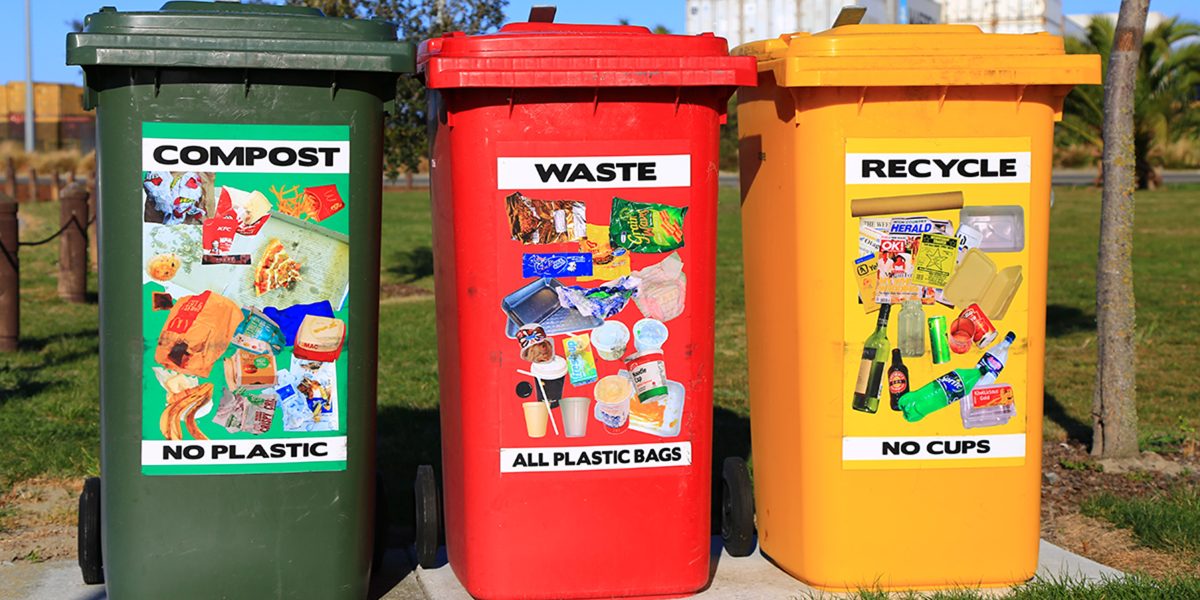
- Duration: 3 days
Course overview
This course cover-general introduction including definition of solid wastes–municipal waste, biomedical waste, hazardous waste, e-waste; legal issues and requirements for solid waste management; sampling and characterization of solid waste; analysis of hazardous waste constituents including QA/QC issues; health and environmental issues related to solid waste management. Furthermore, it covers the general introduction to steps in solid waste management-waste reduction at source, collection techniques, materials and resource recovery/recycling, transport, optimization of solid waste transport, treatment and disposal techniques (composting, vermi-composting. It will give insights on incineration, non-incineration thermal techniques, refuse derived fuels, land-filling); economics of the onsite vs. offsite waste management options (individual vs. common treatment/disposal practices, integrated waste management; and waste minimization and concepts of industrial symbiosis and industrial ecology
Course Learning Outcomes
At the end of this course the participants will be able to:
• Do sampling and characterization of solid waste; analysis of hazardous waste constituents including QA/QC issues;
• Understand health and environmental issues related to solid waste management;
• Apply steps in solid waste management-waste reduction at source, collection techniques, materials and resource recovery/recycling, transport, optimization of solid waste
transport, treatment and disposal techniques;
• Economics of the onsite vs. offsite waste management options.
Course content
Module 1
• Understanding of problems of municipal waste, biomedical waste, hazardous waste, e-waste, industrial waste etc.
Module 2
• Knowledge of legal, institutional and financial aspects of management of solid wastes.
Module 3
• Become aware of Environment and health impacts solid waste mismanagement
Module 4
• Understand engineering, financial and technical options for waste management
Target audience
The courses are geared toward:
• People from government department dealing with waste management department
• Plant operators
• Environment and sustainability heads
• Operation and maintenance heads
• Supply chain managers
• Technology suppliers
• R & D institutions
• R &D departments of industry
• Consultants
• Students from technical institutions such as IIT and NITIE
• Compliance managers
• Materials managers
• Procurement staff
• Waste handling agencies.
Training Methodology
State-of-the-art business facilitation methods are transferred by means of short, focused presentations which are followed by experiential learning workshop sessions. In these sessions, the knowledge gained is applied to real-world examples and case studies. Rapid learning of the methods and techniques is achieved by means of group work, individual work, participant discussion, facilitator interaction and constructive feedback.
WHY STUDY WITH US?
Diamond Training Institute give you the opportunity to further your education and acquire the knowledge and skills that are relevant in the workplace.
ON-TRACK FOR GROWTH
The individual leaves this course with a Personal Action Plan to encourage immediate transfer of training to the job.
EVALUATION TO ENSURE CONSISTENT QUALITY
All our courses are evaluated at Kirkpatrick’s Reaction and Learning levels as part of our quality control process.
Download Course Outline Here




